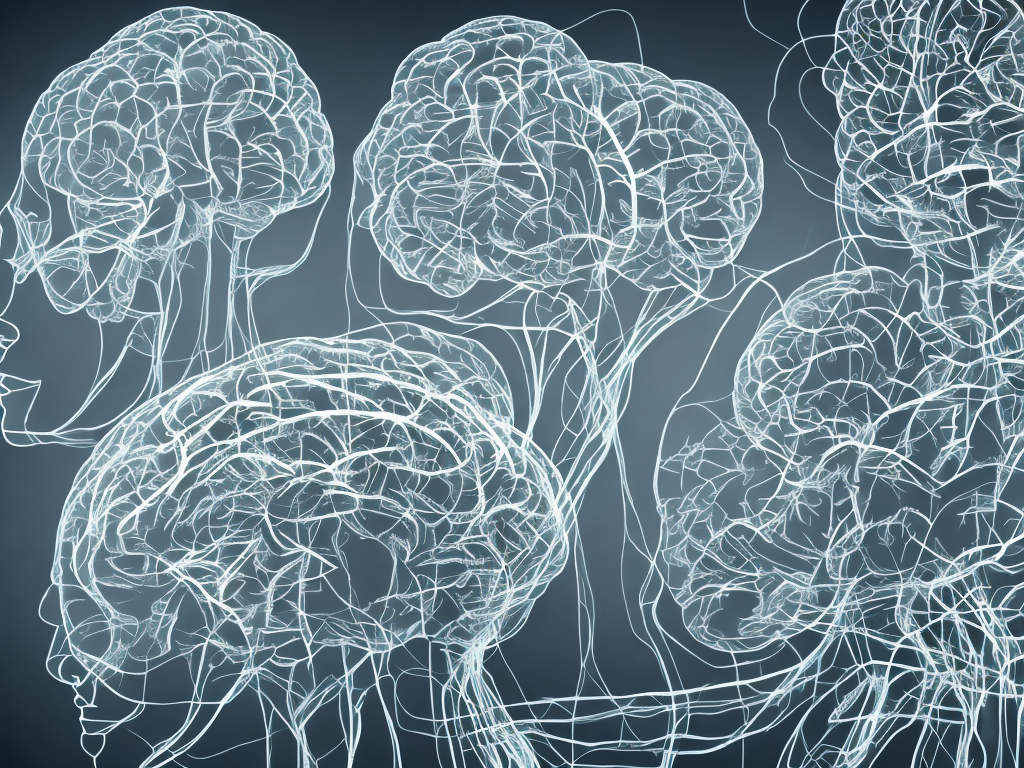
ual
Intelligence and intellect are two terms that are often used interchangeably, but they have distinct meanings. Intelligence refers to the ability to acquire and apply knowledge and skills, while intellect is the capacity for rational and critical thinking.
Intelligence is often measured through standardized tests, such as IQ tests, which assess a person's cognitive abilities in areas such as math, language, and spatial perception. However, intelligence is not limited to these areas, and there are many different types of intelligence, including emotional intelligence, creative intelligence, and practical intelligence.
Intellect, on the other hand, is not measured by tests, but is instead a more abstract concept that refers to a person's overall capacity for thinking and reasoning. This includes their ability to understand complex ideas, think critically, and solve problems.
One key difference between intelligence and intellect is that intelligence is largely innate and genetically determined, while intellect is more influenced by environmental factors such as education, upbringing, and life experiences. This means that while someone may be born with a high level of intelligence, their intellect may still be relatively low if they have not had the opportunity to develop their critical thinking and reasoning skills.
Another important difference is that intelligence tends to be more focused on specific areas or tasks, while intellect is more of a broad, overarching quality that encompasses a range of mental abilities. For example, someone may be highly intelligent in the area of mathematics, but may not necessarily have a strong overall intellect if they lack other critical thinking skills.
One of the key benefits of developing a strong intellect is that it can help us to better understand and navigate the complex world around us. By honing our critical thinking skills, we can become better able to evaluate and analyze information, make sound decisions, and solve problems effectively.
Intelligence, on the other hand, may be more focused on specific tasks or goals and may not necessarily translate into broader success or adaptability. For example, someone may have a high IQ but still struggle with social interactions or emotional intelligence, which can limit their overall success in life.
It is worth noting, however, that neither intelligence nor intellect is inherently better or more important than the other. Both are valuable qualities that can contribute to a person's overall success and well-being, and both can be developed and enhanced over time.
Ultimately, the difference between intelligence and intellect comes down to the specific mental abilities and qualities that each encompasses. While intelligence is more focused on specific cognitive tasks and is largely innate, intellect is a broader concept that encompasses a range of critical thinking and reasoning skills and is more influenced by environmental factors such as education and life experiences.
By understanding the difference between these two concepts, we can better appreciate the unique qualities and strengths that each person brings to the table, and work to develop our own intellectual abilities in order to thrive in an ever-changing world.
 Self-Instruct
Self-Instruct